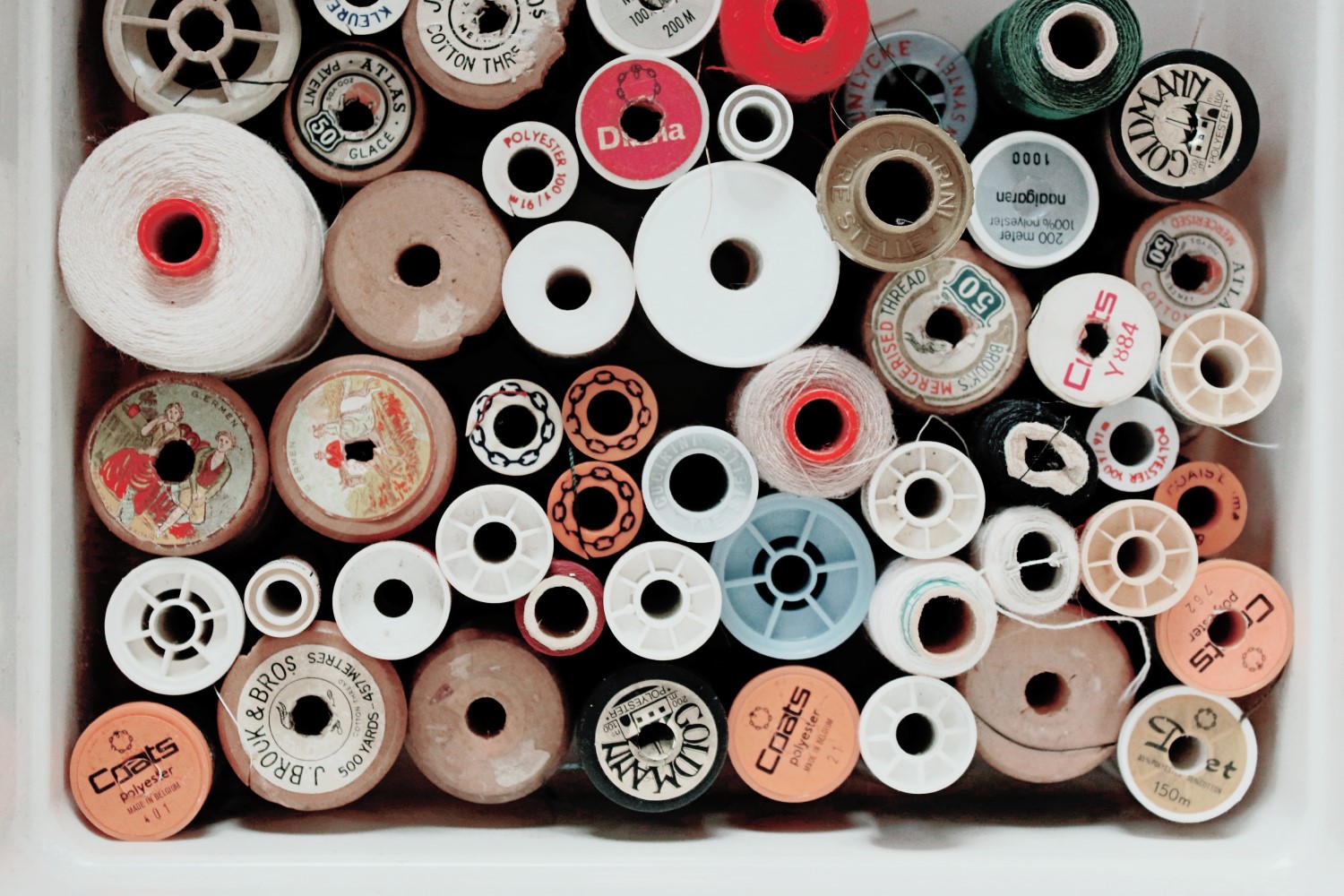A standout amongst the most important apparatuses when sewing is, clearly, the sewing machine. Perhaps you've taken that apprentice's sewing course and are adequately enthused to want your sewing machine. Perhaps you have invigorated your aptitudes and are ready to upgrade your present machine for another one. Straightforwardly you're contemplating - exactly in what capacity may I approach choosing another machine? Janome DC2015
The sewing machine has made some amazing advancement from the original treadle machine that not exclusively did not keep running on power; it essentially sewed forward and straight! Sewing machines today will weave, sew buttonholes automatically measured to your picked catch, total your seams, reveal to you what fasten length, presser foot and thread type to utilize, and in general do most everything aside from making espresso for you.
The most basic sewing machines today are electronic - that is, they are not modernized. They will generally offer the basic join - straight fasten, befuddle, buttonhole. They may even have a small number of "specialty" lines, for example, weaved vine or leaf structures. Some extraordinary join will be overcast, seam completing and imitation serger fastens. They'll offer distinctive needle positions - focus left and right. Medium range sewing machines are generally modernized and will offer more line decisions, needle positions and may even offer an automatic buttonhole decision which will make various buttonholes the same size for you (rather than you having to mark the start and end of each buttonhole manually). Higher end machines offer greater speed, considerably more line decisions, weaving fasten choices, monogramming alphabets and even a PC screen which lets you know the proposed presser foot, weight, join length and width. The most exorbitant sewing machines offer a weaving part which enables you to weave plans from memory cards or even download structures from the Internet and change their size, shape, and configuration. Janome DC5100
While choosing from the myriad of sewing machines available today, it's much similar to purchasing an automobile. You should total your work. There are many sewing machines makes on the market - Husqvarna Viking, Singer, Janome, Bernina, Pfaff, and Brother. They are sold through authorized dealers who either have a stand-alone store or an arrangement with a fabric store. You should pick a dealer near you so you can easily take the machine in for overhauling if you are having an issue with it. Most dealers offer classes that are unequivocal to the brand of machine and that teach you how to utilize it significantly more viably. They will also move accessories for the machine. You can go on-line and read audits of sewing machines at places like http://www.patternreview.com or http://www.quiltropolis.com. Clients on these exchanges will be extremely candid about their inclinations of certain brands. The dealer you pick ought to be knowledgeable about the machine and ought to probably benefit them at his or her shop. Beware of a dealer who sends the machines out for adjusting!
After finishing your work and narrowing your decisions down, make certain to pick a financial plan before actually visiting a dealer. Take the necessary steps not to go for the cheapest machine, especially if you are fairly new to sewing. I don't suggest purchasing the most costly one immediately, either - so many fancy miscellaneous things will astound you and discourage you! When you visit your dealer, explain your sewing level, what you plan to sew (pads, garments, outside things, denim, leather, cotton, sewing, whatever). Your dealer will at that point have the capacity to demonstrate to you several machines in your general value category which will meet your sewing needs. Take a seat and test drive the sewing machine. Bring samples of the fabric you plan to sew with and line a test seam or two. Have a go at threading the machine to perceive how easy (or complicated) it is. juki hzl-dx7 sewing & quilting machines
Ask about what sorts of presser feet accompany the machine, what sort of warranty is offered, who does their administration work, and what kind of classes or activities does the dealer offer for learning the machine. Also, ask about trade-ins - in case you have an old machine they may take it in a trade, or they may offer a trade-in program when you want to upgrade this new machine in two or three years.
Finally, make certain you are comfortable with your dealer. I don't prescribe purchasing a sewing machine from a major box store. The costs are cheap, yet you can't get the machine overhauled, they won't teach you how to utilize it, and you certainly can't call them if you are having to try threading it! juki tl2000q1
